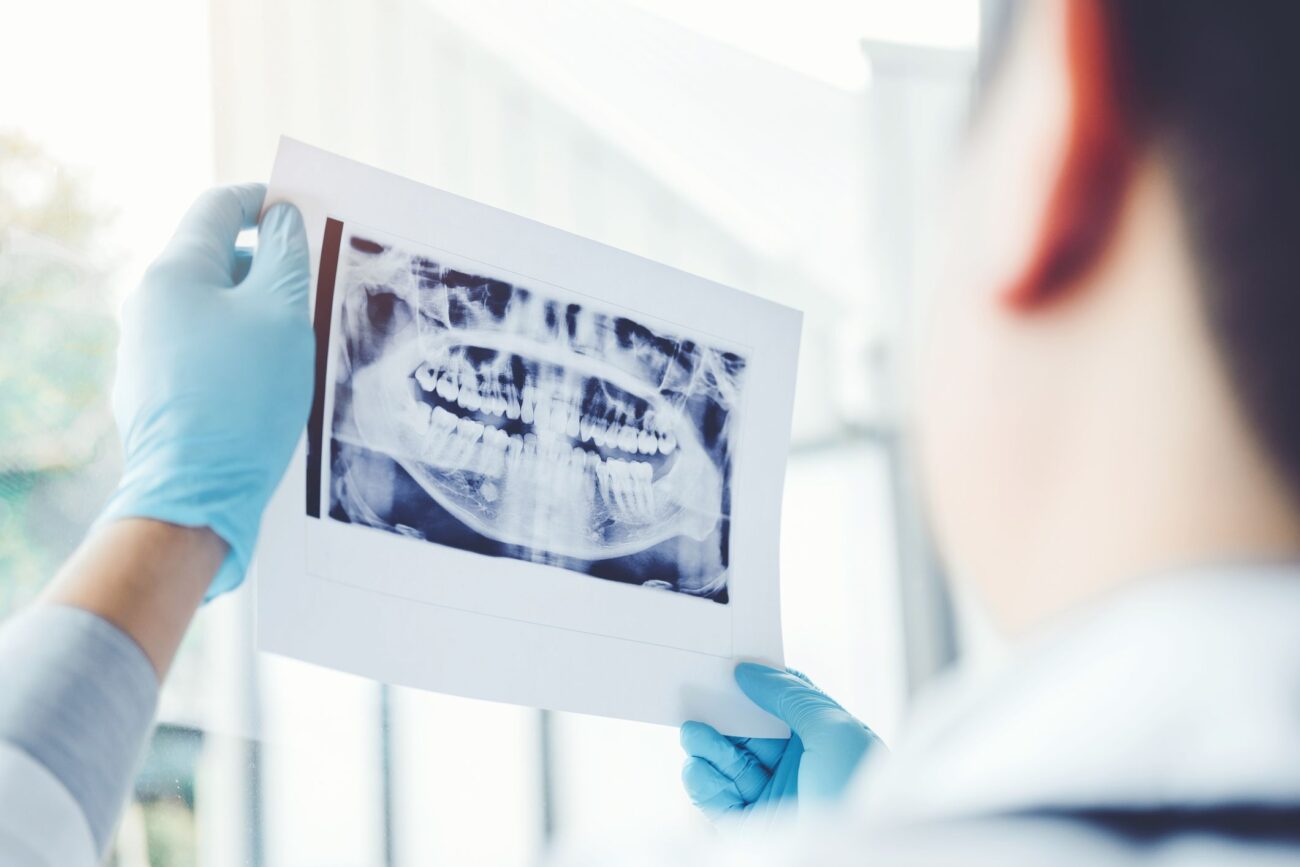When you attend a routine dental check-up, your dentist performs a visual exam of your teeth and gums. The dentist can learn a great deal about your oral health this way. So you may wonder why your dentist will also recommend a dental x-ray.
This imaging technology will allow your dentist to view the interior of your teeth and jaw that the naked eye alone cannot see. An x-ray allows more accurate diagnostics regarding your oral health, which ensures the dentist can provide the best preventative dental care possible.
These routine x-rays are safe for patients of all ages, but you may feel more comfortable undergoing these scans if you understand their benefits. Read on to learn three reasons why your dentist will suggest a dental x-ray during your regular appointment.

Identify Tooth Decay
Cavities, an early type of tooth decay, might develop with visible signifiers, including a hole in the tooth’s surface or dark dental discoloration. However, cavities might also develop without these noticeable symptoms. Or they could form in hidden locations, such as between two teeth.
To ensure that a dentist does not miss a diagnosis of tooth decay, a dentist will recommend a dental x-ray once a year. Tooth decay shows up clearly on these scans so that a dentist can find the dental damage and offer swift treatment.
Untreated cavities will worsen without dental intervention. So you should avoid this danger to your dental health by seeking optimal preventative oral health care, including dental x-rays.
Evaluate Tooth Pulp Health
The pulp, the innermost layer of your tooth, can sustain damage that does not always present with visible symptoms. A blow to the face, for instance, could damage the blood vessels within the tooth pulp. If you suffer a blockage there, you could develop a non-vital tooth.
While not an acute dental emergency itself, non-vital teeth will be at a greater risk of infections. So a dentist will want to monitor the issue to ensure your smile stays healthy. A dentist can find potential problems with the vitality of your tooth pulp on a dental x-ray.
Monitor Tooth Growth
Most people see their adult permanent teeth grown fully into place by adolescence. However, factors like poor oral habits may cause the teeth to shift out of their straight position.
A dentist can monitor potential alignment issues in your smile by comparing dental x-rays to prior scans. Then they can intervene before you develop serious bite problems.
Many dental patients also have wisdom teeth, an extra set of molars that begin to grow in early adulthood. These teeth often do not have enough room to grow properly and become impacted as a result. This means that they get stuck in the gums and have a high risk of infection.
A dentist can monitor the growth of these teeth and extract them before they pose complications for the rest of your smile. Learn more about the importance of preventative dentistry by giving your dentist a call today.
